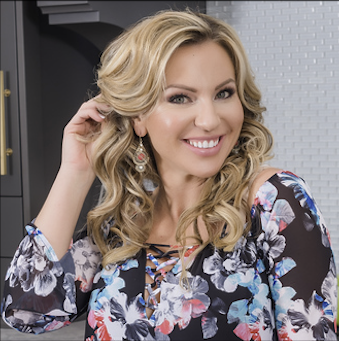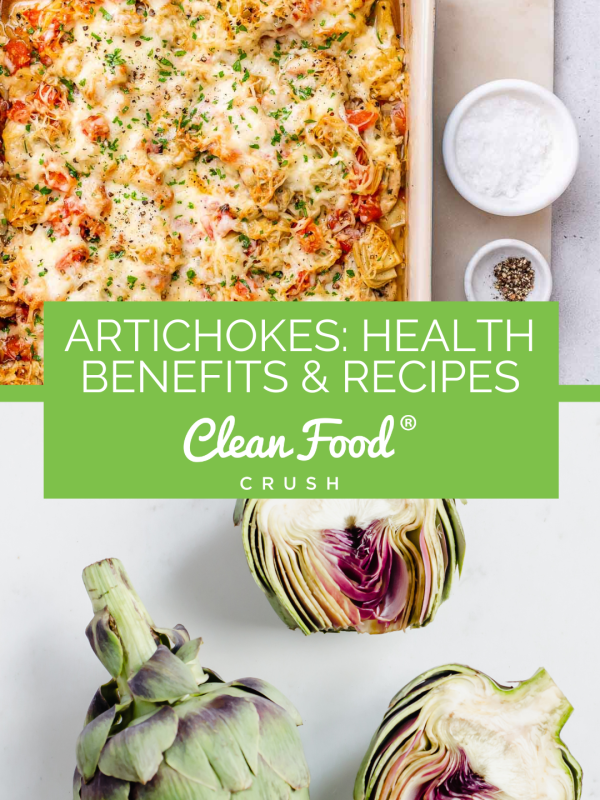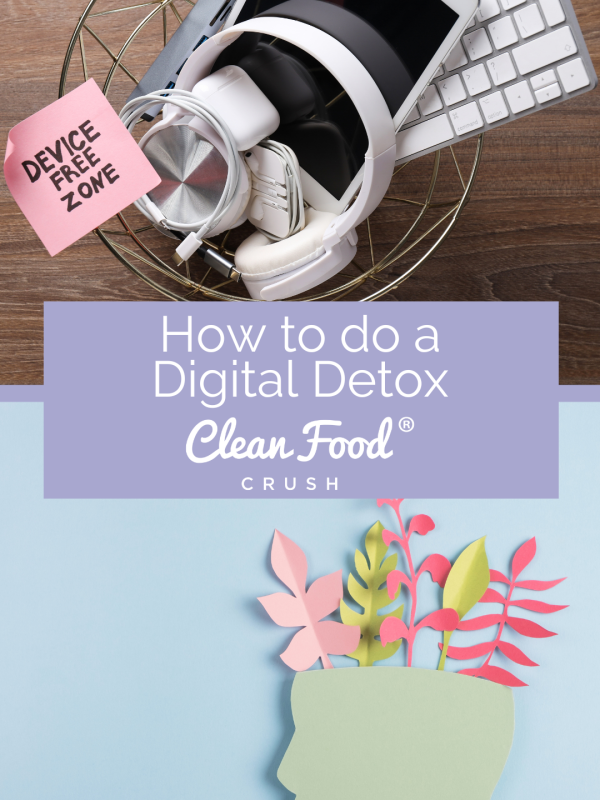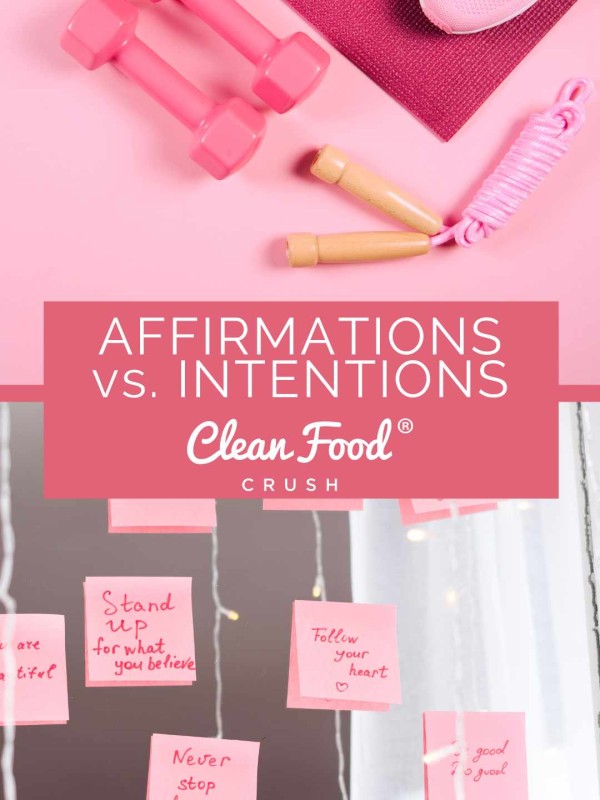This post contains affiliate links. Please see our disclosure policy.
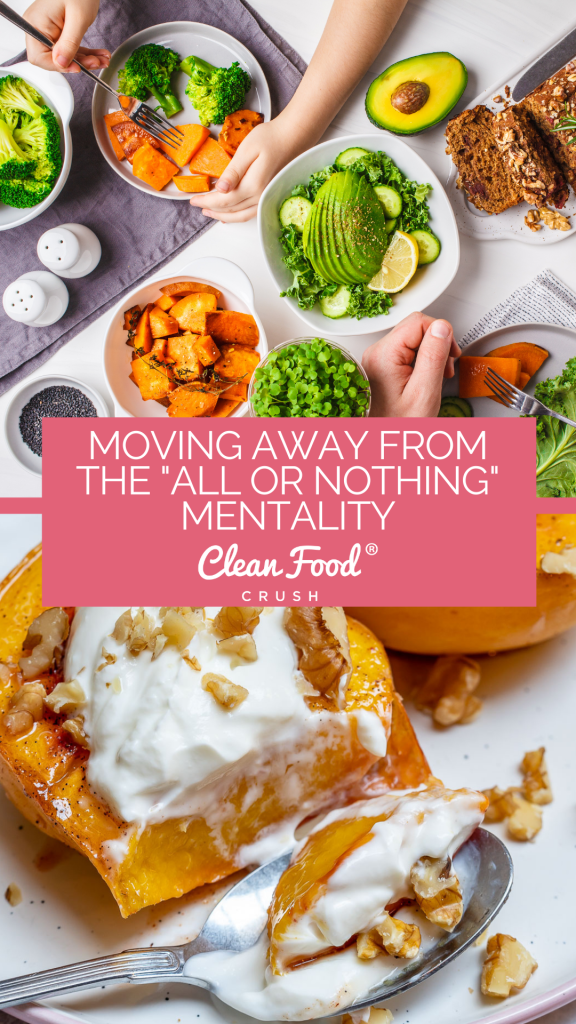
How To Give Yourself Grace And Move Away From “All Or Nothing” Thinking
If you’re like most people, you’re probably pretty hard on yourself from time to time. Unfortunately, giving ourselves grace doesn’t come easy for most of us. As a result, we spend much of our time thinking negative thoughts that can have a ripple effect on the rest of our lives.
Over time, a mindset known as “all or nothing thinking” can naturally form. This article will help you understand what this style of thinking is and why it is harmful, give you tips on navigating it, and help you learn how to give yourself more grace in your everyday life. Accomplishing this will allow you to enjoy more peace and achieve more of your health goals.
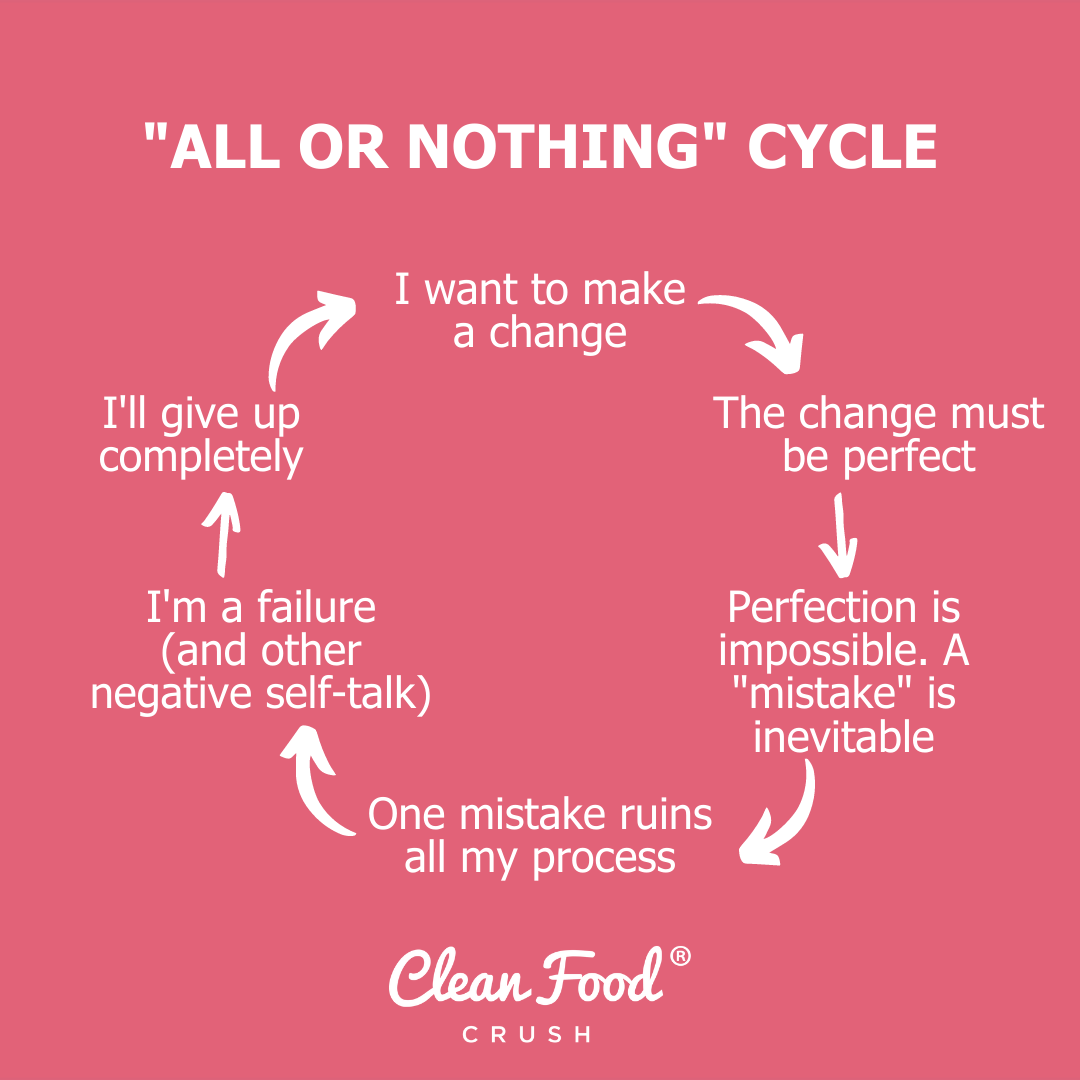
What is “All or Nothing” Thinking?
“All or nothing thinking” is a type of cognitive distortion, or negative thought processing. These types of distortions involve biased perceptions, and irrational thoughts or beliefs that our brains start to believe are true, even when they are not.
People who engage in “all or nothing” thinking evaluate their decisions and life in extremes. They believe that they have to do or accomplish something 100%, or it doesn’t count. It’s either perfect or a complete failure.
While some people believe that having this mindset serves as motivation and makes them more likely to accomplish a task or goal, it more often has the opposite effect.
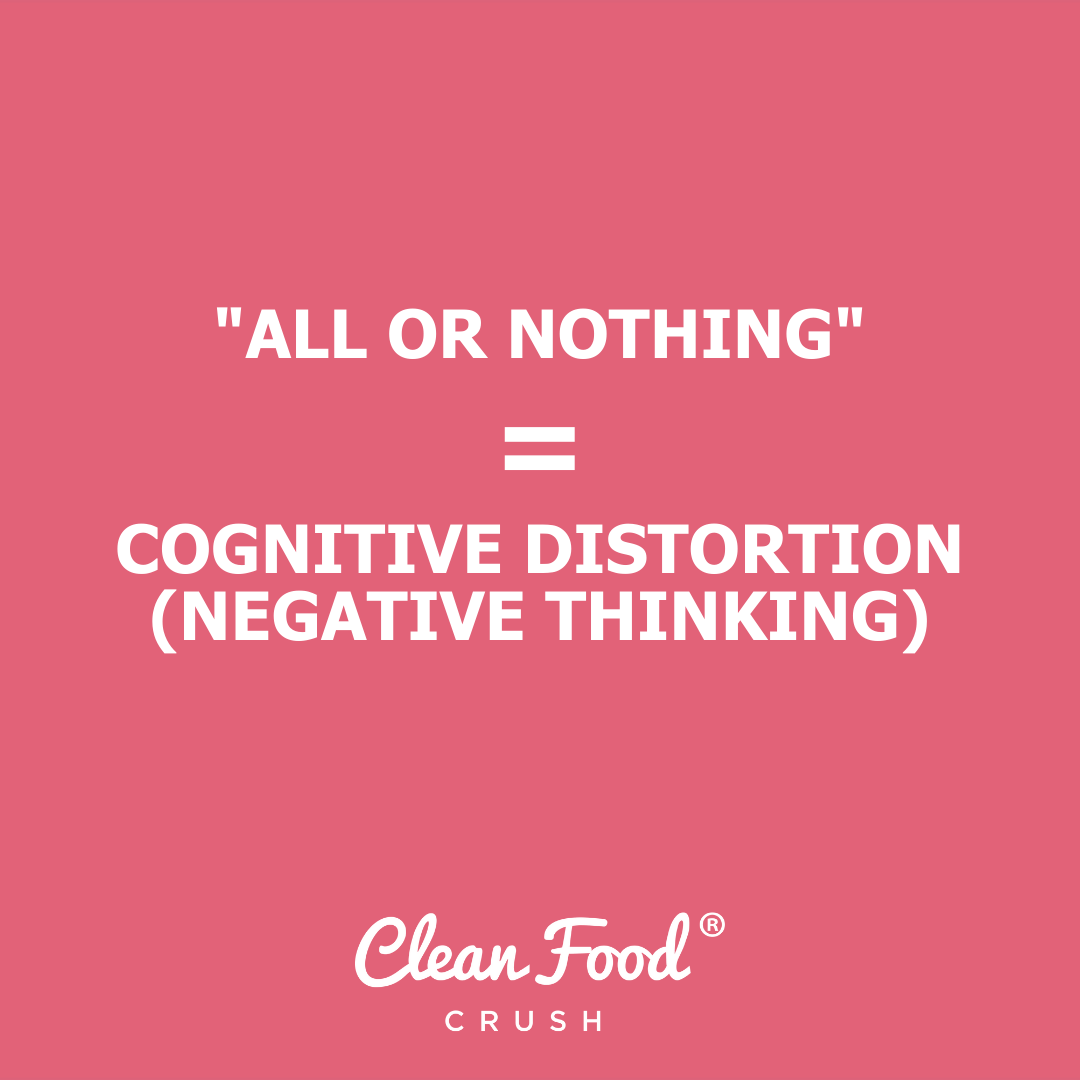
How is “All or Nothing” Thinking Harmful?
People who get into the habit of “all or nothing” thinking expect too much from themselves. They set unrealistic goals that are not practical for their lifestyles or in line with their true desires or personality. This inevitably sets them up for failure and makes them less likely to accomplish a goal. In turn, the lack of achieving the task often increases negative self-talk and contributes to low-self esteem, which are risk factors for mental health problems like anxiety and depression.
Ultimately, “all or nothing” thinking can significantly hold you back from making positive changes or progress, even though you are more than capable of doing so.
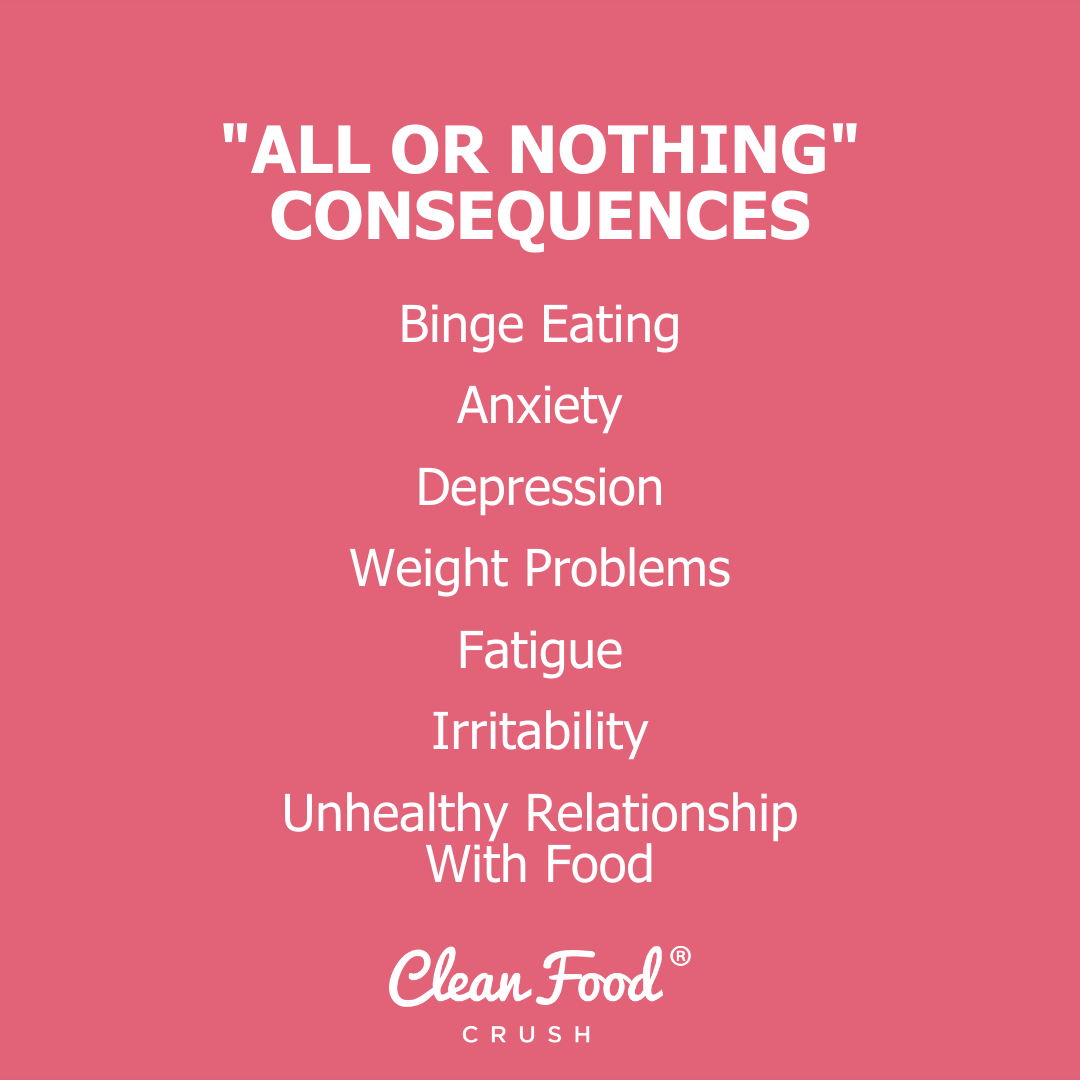
Perfectionist logic can be applied to nearly any aspect of life, but it is especially prevalent regarding health goals like exercise, food, and eating habits. Strict dieting greatly increases the risk of engaging in harmful thoughts such as all or nothing. These people may tell themselves that they will eat “perfectly” for a while, but things like temptation, social events, and everyday life quickly get in the way. Consequently, they often end up eating “good” for only a couple of days before “falling off the wagon” and ultimately giving up. Because they are so discouraged by their failure, they are likely to continue their less healthy eating habits, believing that they will never be able to make real, lasting progress.
Can you see the problem?
Thankfully, it doesn’t have to be this way.
How to Move Away From “All or Nothing” Thinking
Recognize Your Strengths
It is easy to become so preoccupied with what you don’t do that you lose sight of what you DO do or who you really are. This creates a vicious habit that is hard to break. With practice, you can shift your mindset by celebrating small wins even when you may not do or be all that you’d hoped.
Don’t Expect Perfection
Feelings of failure keep people in the “all or nothing thinking” patterns. By expecting setbacks and being okay with a less-than-perfect outcome, you’ll actually make more meaningful change than if you strive too high or expect too much. This tip requires plenty of self-compassion since nothing positive comes from treating ourselves poorly.
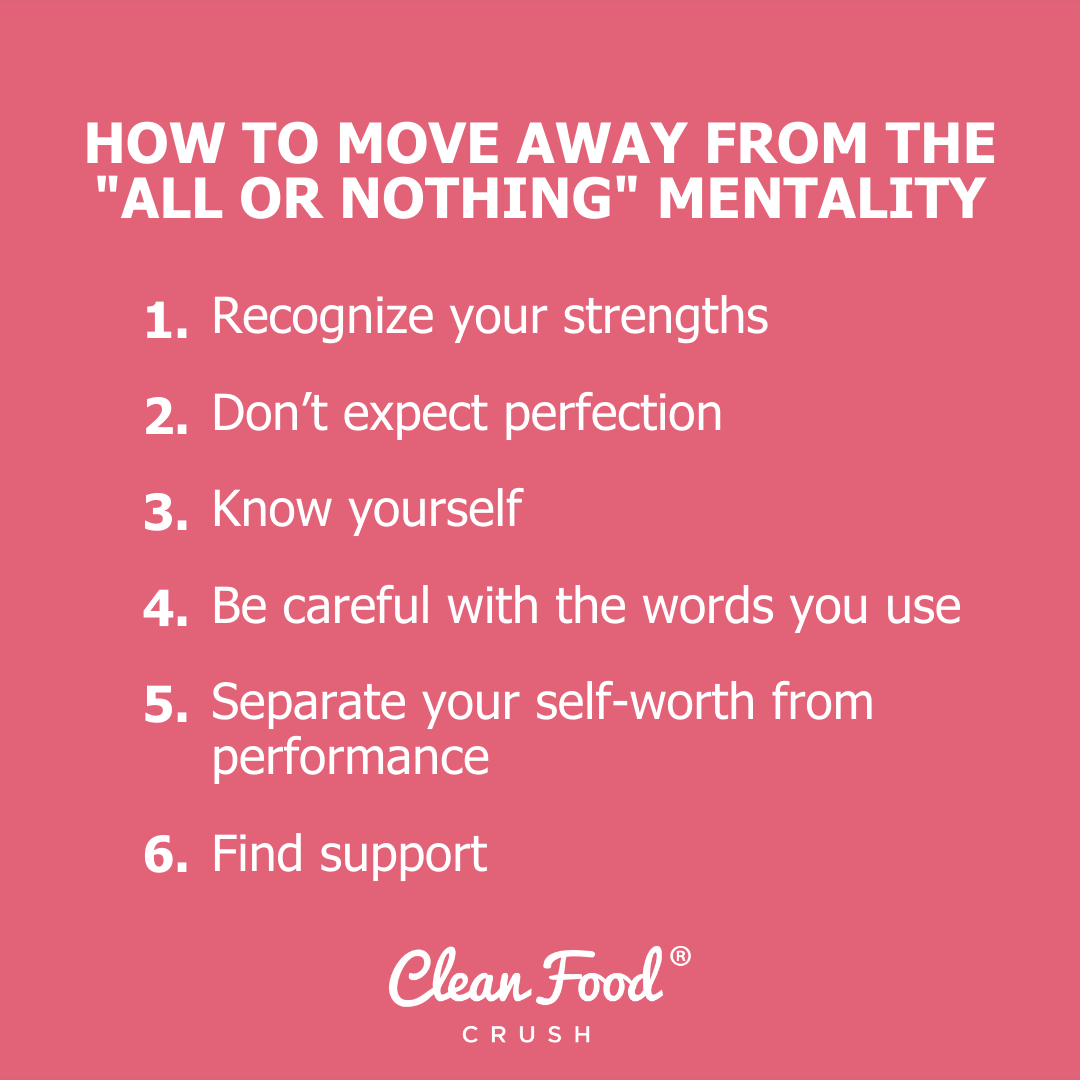
Know Yourself
This means recognizing and being honest about what is truly important to you. It also means knowing your tendencies to create realistic goals. For example, if you want to start eating dinner as a family more often but work until 5:30 and don’t like to meal prep or cook, it’s probably not realistic to tell yourself you will have 5 family meals per week. Instead, maybe you pick 1 or 2 nights per week when you can plan to have leftovers or a quick and easy recipe your family loves and work up from there. If you discover that family meals end up not being important to you, that’s okay! Recognize that there are plenty of other healthy habits to adopt, so pick something that works with your personality and priorities, and be realistic.
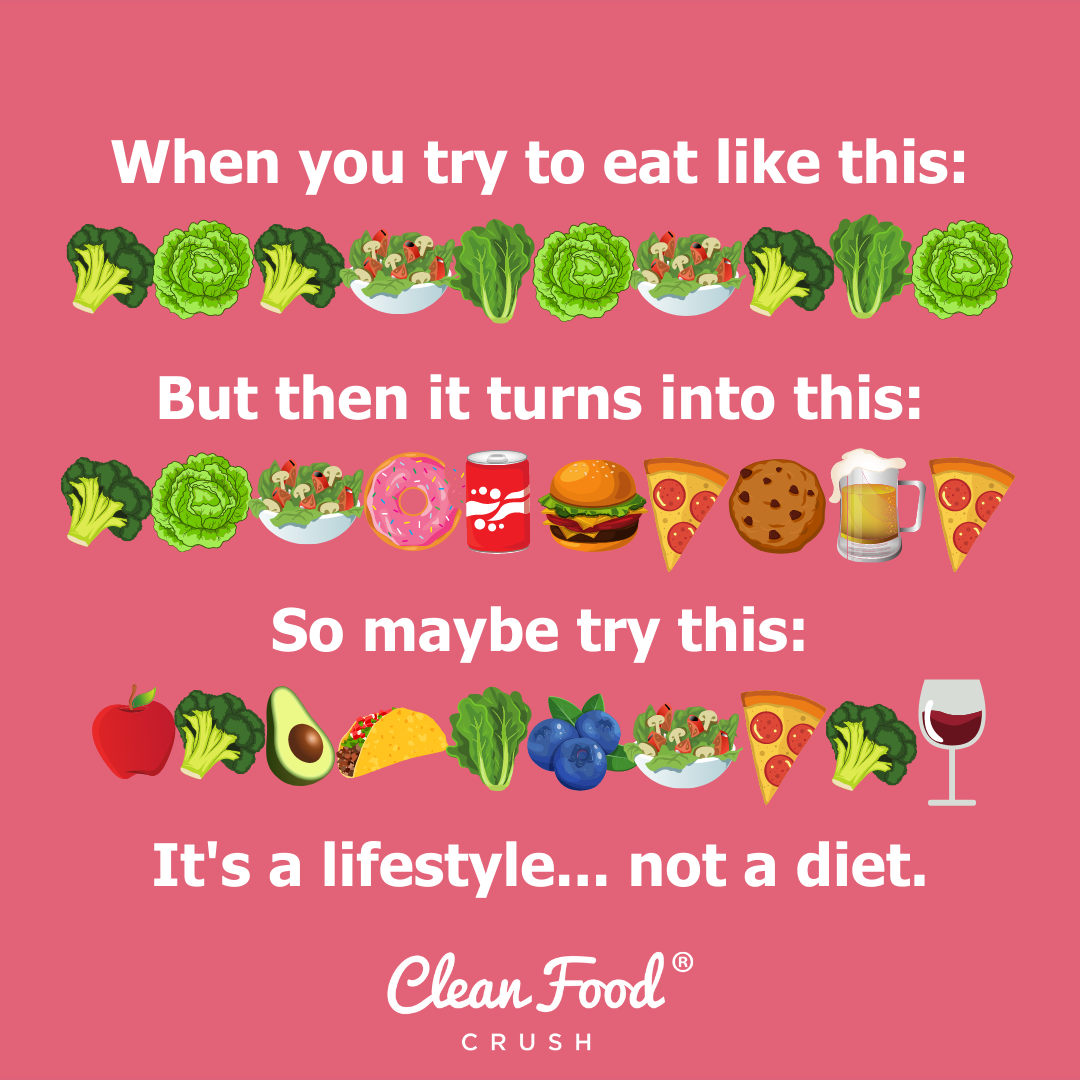
Be Careful With the Words You Use
Words have significant power in our minds. Avoid using terms like “never,” “always,” or “nothing,” and instead use phrases like “l will try my best.” In addition, refuse to speak negatively about yourself. The more positive and uplifting your thoughts are, the more they will trickle into your reality and improve your overall perception.
Separate Your Self-worth From Performance
This means acknowledging that you are not what you do or don’t do. Putting too much emphasis on performance is never satisfying since your opinion of yourself is likely constantly changing. Instead, it’s essential to define your self-worth on qualities rooted within yourself, such as compassion or generosity. This helps you become more resilient and able to move forward, even in hard times.
Find Support
“All or nothing” thinking can be rooted in deep emotions like anxiety, low self-esteem, and depression, which you don’t need to work through alone.
A support network of friends, family, and professional counselors can help you see a more comprehensive picture, think beyond absolute terms, and find solutions personalized to you. If you need a suggestion on where to start, consider our Clean Food Crush Challenge.
In Summary
You don’t have to and frankly shouldn’t strive for perfection–with your health nor any other aspect of life. Changing your mindset is hard work, but it’s always worth the effort. For more information on ditching the diet mentality and tips for making peace with food, check out this post on intuitive eating.




